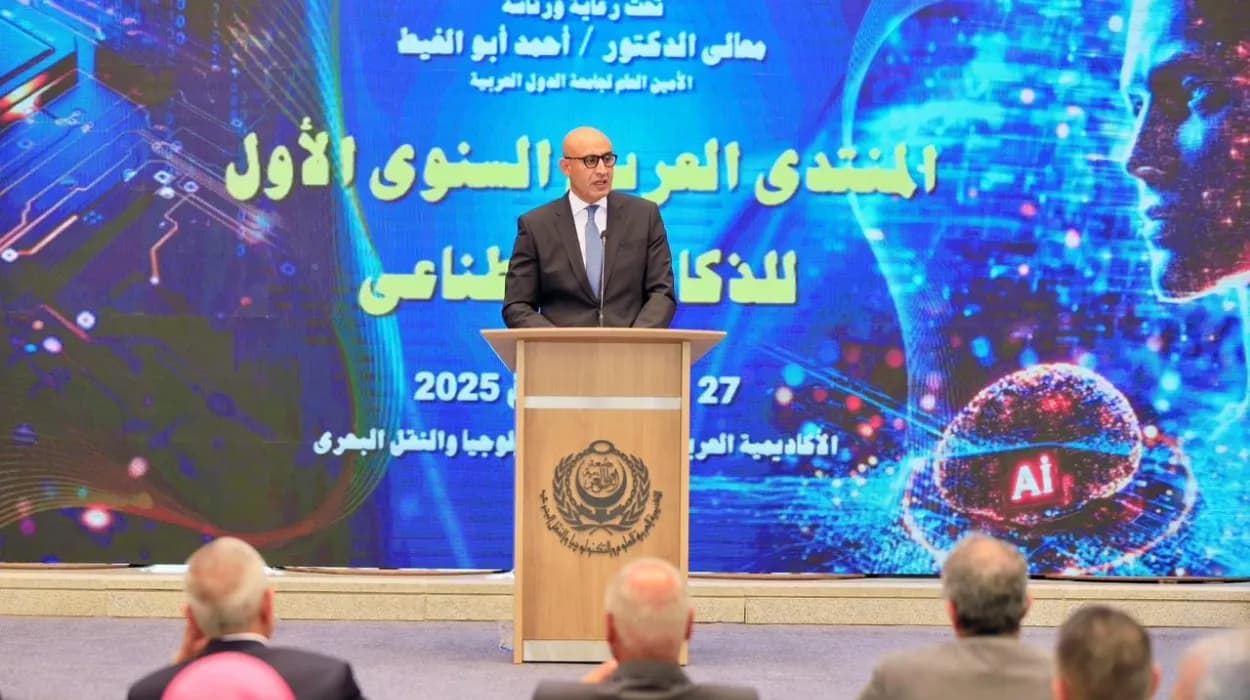Egypt's Supreme Council of Universities has introduced
pioneering regulations to govern artificial intelligence (AI) use in higher
education, focusing on ethical frameworks and strategic alignment with national
AI goals. The new guidelines face real-world implementation challenges as
Egyptian universities begin forming AI ethics committees and adapting to AI's
rapid integration in academic spheres.
Egypt Establishes Groundbreaking AI Regulations for Higher Education
As reported by University World News on October 23, 2025,
Egypt’s Supreme Council of Universities has issued the first comprehensive
regulatory framework for AI use in higher education and scientific research
across Egyptian universities. This regulation provides strategic ethical guidance
aligned with Egypt’s Vision 2030 and the National AI Strategy 2025–2030,
marking a milestone in academic governance of AI technologies.
The regulations emphasize responsible AI adoption, mandating universities to establish internal AI ethics committees tasked with overseeing AI integration. A spokesperson from the Supreme Council stated,
“The establishment of AI ethics committees is a crucial step towards ensuring that AI technologies are used responsibly and ethically in our universities.”
Strategic Framework in Line with National AI Ambitions
The regulation is designed to support Egypt’s broader
ambitions as outlined in the National Artificial Intelligence Strategy
2025–2030. This strategy, articulated by the National Council for Artificial
Intelligence (NCAI), aims for safe and ethical AI deployment across sectors
including education, highlighting AI as a key driver of the country’s future
competitiveness and socio-economic development.
The guide places a clear emphasis on transparency, accountability, and fostering ethical AI literacy among both educators and students. It mandates universities to align with the strategy’s governance model, including risk classification of AI systems into prohibited, high-risk, and limited-risk categories to ensure measured deployment.
Implementation Challenges and Formation of Ethics Committees
University leaders and AI implementation teams in Egypt are
currently navigating the practical challenges of these new regulations.
Creating AI ethics committees within universities involves assembling
multidisciplinary teams qualified to evaluate AI risks and benefits, an
endeavor some institutions find resource-intensive during the early stages.
The committees will oversee AI use policies, impact
assessments, and ensure that AI-driven research and tools respect data privacy laws,
such as Egypt’s Personal Data Protection Law (2020). They also act as the
custodians of academic integrity in an era where generative AI threatens to
blur lines in authorship and originality.
AI Curriculum Expansion and Integration in Education
Alongside regulations in higher education, Egypt is
simultaneously expanding AI education at all schooling levels. Starting in the
2025–2026 academic year, AI curricula will be introduced in select primary,
middle, and secondary grades, with programming and AI ethics integrated as
essential topics. The Ministry of Education plans phased rollout to adapt
teaching capacity and infrastructure accordingly.
Teacher training programmes have already begun, notably with
companies such as Casio supporting mathematics education via AI tools and
training for nearly 20,000 secondary-school teachers. This broad educational
effort underscores Egypt’s holistic approach to embedding AI literacy
nationwide.
National-Level Support and International Collaborations
Egypt’s National AI Strategy also encourages public-private
partnerships, entrepreneurship, and international cooperation, all feeding into
the university AI regulation implementation. Recent agreements, such as Egypt
joining the Horizon Europe research programme, provide additional support for
AI research development and integration into global academic networks.
The government ensures that these regulatory steps are
complemented not only by policy but also by legal frameworks, infrastructure
investments, and technological readiness assessment reports, such as the
recently launched National AI Readiness Assessment.
Ethical and Practical Risk Management
The regulations address several critical concerns: ensuring
AI usage complies with ethical norms, managing risks related to data
sovereignty and privacy, and avoiding disparities in digital access between
urban and rural institutions. Universities are encouraged to use sandbox
environments and readiness assessments to pilot AI applications before
full-scale adoption.
Importantly, transparency with AI vendors and open auditing
are required to tackle risks like vendor lock-in or biased AI models,
prioritizing locally adapted AI over opaque technology imported without proper
scrutiny.
Looking Forward: Egypt’s AI-Enabled Higher Education Landscape
Egypt’s introduction of AI regulations in higher education
is a pioneering regional effort to combine technological embrace with ethical
oversight. While trials and challenges lie ahead in practical implementation,
the strategic vision and strong national support position Egypt to become a
leader in AI in education across the Middle East and North Africa.
Through coordinated regulation, teacher training, infrastructure investments, and international collaborations, Egypt aims to ensure AI fosters academic excellence and innovation while safeguarding core academic values and human rights.
